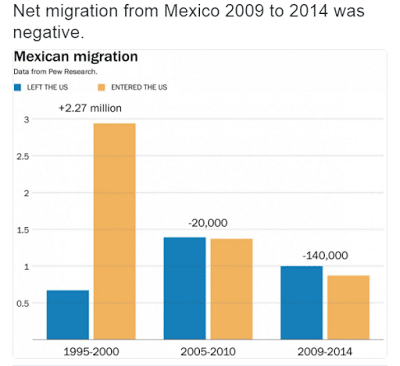Japanese Businesses Express Concern about the Chinese Relationship Direction
The Japanese business community is increasingly pessimistic about the Japan–China relationship. For the past three years the US-based Center for Strategic and International Studies (CSIS) and the Japan-based Nihon Keizai Shimbun (Nikkei) have surveyed Japanese business people about their attitudes to the bilateral relationship with China.
Results from the most recent 2016 survey, released in July, reflect a Japan that has grave fears about the political, security and economic dimensions of the relationship with its most important neighbour.




